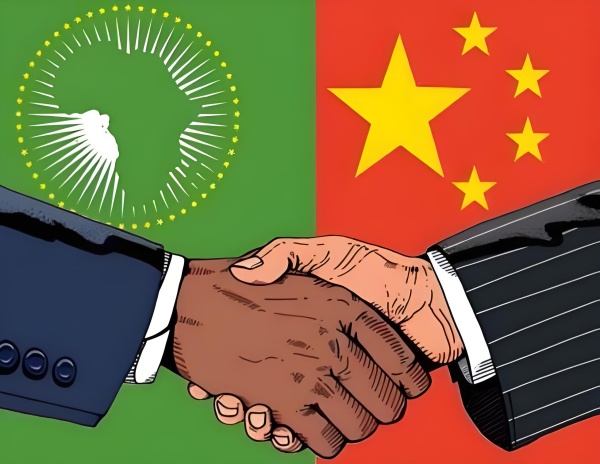A New Era in China-Africa Energy Cooperation
From August 2020 to December 2023, China has successfully implemented a total of 74 green energy construction projects across 22 African countries, including Nigeria, Zambia, and Egypt. These initiatives comprise 42 solar photovoltaic projects, 6 wind power projects, 8 hydropower projects, and 10 energy storage projects.

From August 2020 to December 2023, China has successfully implemented a total of 74 green energy construction projects across 22 African countries, including Nigeria, Zambia, and Egypt. These initiatives comprise 42 solar photovoltaic projects, 6 wind power projects, 8 hydropower projects, and 10 energy storage projects.
Beyond "wind and solar," small hydropower also presents significant opportunities for collaboration. Small hydropower is internationally recognized as a clean and renewable energy source, making it a key area for clean energy cooperation between China and Africa. Many African countries face an urgent need to develop their small hydropower resources.
According to the "World Small Hydro Development Report (2022)," the total installed capacity of small hydropower in Africa stands at 729 MW, with an estimated total potential of 15,714 MW; however, the current development rate remains below 5%.
The installed capacity of small hydropower in Africa remains relatively low; however, its development potential is immense. Over the past three years, Africa has emerged as the fastest-growing region globally in terms of small hydropower capacity.
China's successful experience in developing small hydropower has garnered widespread international attention and recognition. We can further enhance our cooperation with African nations by providing services related to capacity building, consulting, and development. This approach will enable us to share China's experiences and developmental models for reference and learning by African countries, ensuring that it aligns with the needs of all parties involved.
China will establish a China-Africa Forum on the Peaceful Use of Nuclear Technology, collaboratively develop 30 joint laboratories, and engage in cooperation on satellite remote sensing as well as lunar and deep space exploration to support Africa's pursuit of sustainable green development.